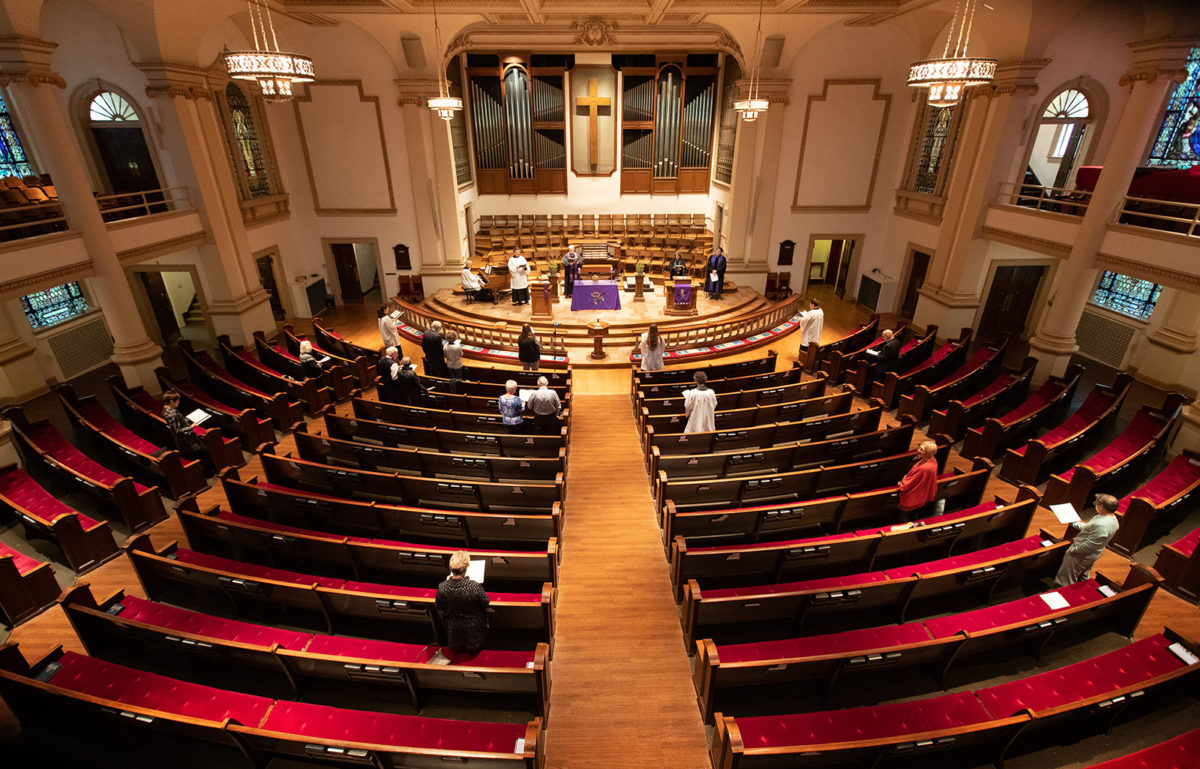
Mark Tooley is president of the Institute on Religion and Democracy and editor of Providence: A Journal of Christianity & American Foreign Policy.
Coronavirus has forced the United Methodist Church to postpone its quadrennial governing General Conference, originally scheduled for next month, delaying by at least a year the church’s anticipated, and widely supported, schism between the denomination’s traditionalists and progressives.
The schism plan most likely to be approved would ask Methodist congregations to decide by majority vote whether to join a new traditional denomination or stick with a liberal United Methodism that allows same-sex couples to be married in the church and the ordination of LGBTQ clergy. For 47 years United Methodists, with 6.7 million members in America and another nearly 6 million overseas, have fought over sexuality. The schism was to settle our differences at long last by going our separate ways.
I’ve been involved in Methodist politics since 1985, when my Arlington, Virginia, church sent me, at age 20, to represent it at the Virginia Annual Conference. For more than 30 years I’ve worked with fellow traditionalists to maintain traditional theology and ethics, attending every governing General Conference since 1992. With many others, I hoped my denomination could avoid schism. But increasing polarization and acrimony, culminating in a contentious special General Conference focused on sexuality last year, have made staying together impossible.
When United Methodism does get to vote to divide into conservative and liberal denominations, thousands of congregations and millions of church members will face difficult choices. Some, like me, will make their choices before then.
For the past 15 years I have attended a wonderful, historic United Methodist congregation in Alexandria, Virginia. I loved the our beautiful, 170-year-old sanctuary, which served as a federal hospital during the Civil War. Our worship is traditional in style with liturgy and old hymns. There are lots of great people, including our most recent pastor, an energetic young man, who likely saved the long declining congregation from extinction.
But when the pastor earlier this year preached a sermon in which he disagreed with traditional church teaching on sexuality, I realized I could no longer stay. Fortunately, there is a church with a traditionalist pastor just as close to my home. Once coronavirus subsides and it reopens, I plan on becoming active there.
After I made my decision, I lunched with my old pastor and shared my news and discussed the denomination’s impending division. He said he expected that many other clergy will soon face the inevitable and candidly share their views with their congregations. I respect that he did earlier what many clergy will only do later. It’s time for candor, so all church members can make informed choices.
Click here to read more.
Source: Religion News Service